How to survive the online rage-fest!
Plus the differences between novels and comics, what to do if you're typecast as a writer and exclusive DC art!
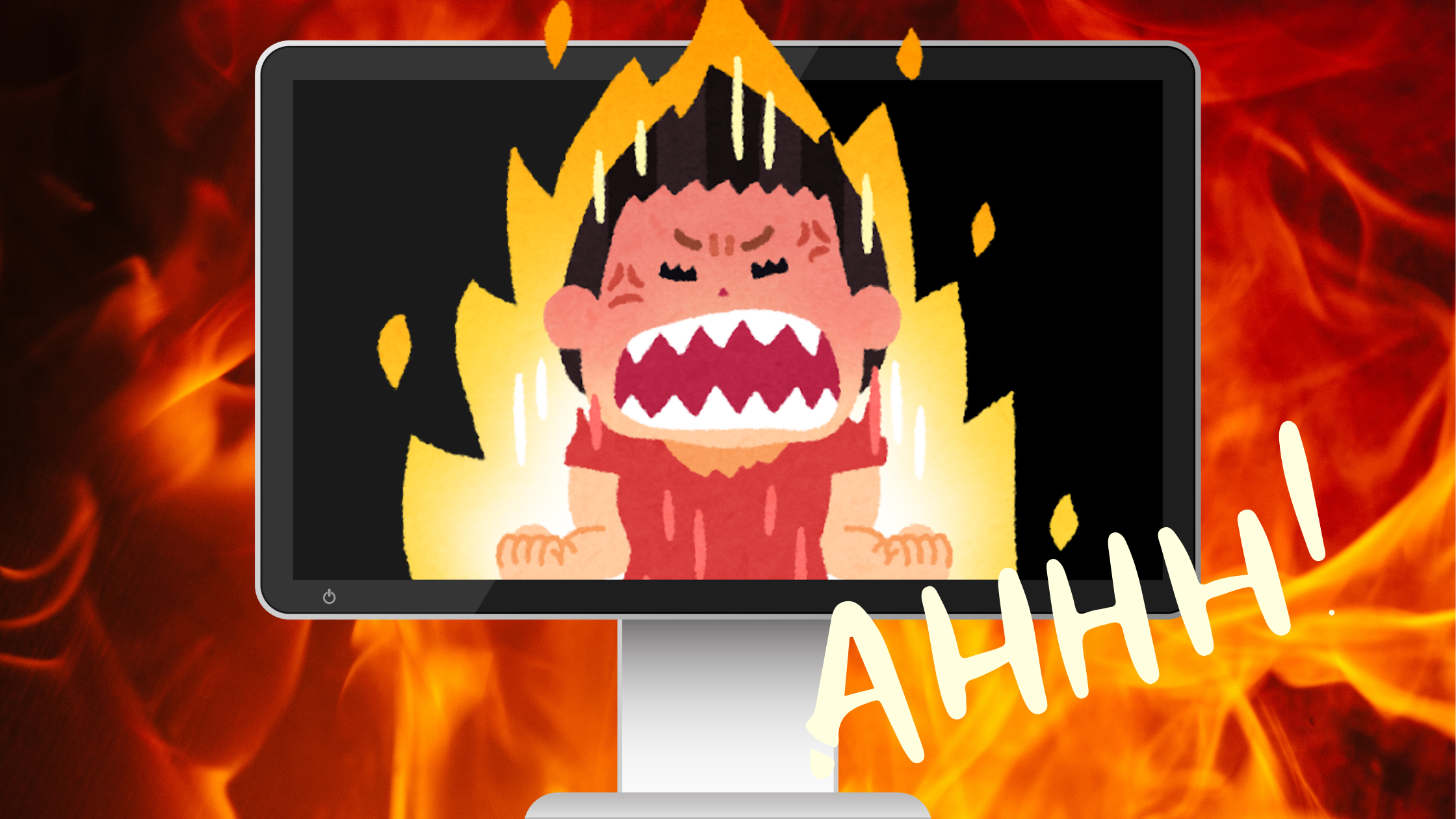
Hello!
It's a bumper newsletter today and one that is also being sent to lots of lovely new subscribers who found me via this weekend's Penguin Random House WriteNow 2024 event!
But more on that later! Here's what we have lined up for today:
- Not everything has to be loud.
- Q&A: The difference when tackling prose instead of a comic book script.
- I want to break free: What to do if you're typecast as a writer!
- Things you might have missed.
- Out this week!
There's even some exclusive DC superhero art if you keep scrolling to the end!

NOT EVERYTHING HAS TO BE LOUD
The internet is a lot right now. Tempers are running wild for so many reasons. Elections on both sides of the Atlantic. Culture wars. Television and film fandoms running amok. There’s shouting and review bombing and angry videos and oneupmanship and recriminations and hate-wrangling and…
Phew!
Is it any wonder that everyone seems so tired? It seems you can’t go online without someone immediately jumping down your throat, feeling you have to jump down theirs or watching fights break out all around.
And all that noise can make you feel so alone. Outnumbered. Overwhelmed. We’ve never had to deal with this before and it’s exhausting!
So how do you cope? How do you navigate rage twenty-four hours a day?
I think the best advice I can give right now is... breathe.
You don’t have to reply straight away. You don’t even have to reply at all! And when you’re about to reply, when you see a comment that ignites the fire in your belly and compels you to add your own voice, take a step back and ask: is this going to help or is it going to dump more fuel on the fire? Is there a way I can improve the situation without escalating an already inflammatory discourse?
Let's think of a scenario:
You see your favourite TV show or film get attacked online. Do you attack the attacker? Do you try to get one over on them? Nine times out of ten, I can guarantee that's what they want you to do, so they can have another pop and reinforce their narrative. They want you to add to the noise and disruption. Why? Because the disruption is the goal! They want the disruption to become the story, feeding the inevitable media coverage. Look at these fans fighting! Look at how controversial this new series is! Look at what a dumpster fire this once-beloved franchise has become!
Stoke the flames and the arguments do the work for them, sending a message to the powers that be that the minority is the majority. That the decisions made were wrong. That the audience is disenfranchised. It's a self-fulfilling prophecy. "This latest movie/episode/issue has broken the franchise" say the people who want the franchise to break, "so let's all argue to show just how broken it is!"
And in the meantime, folk flood to the agitators' videos and social media, feeding the algorithm, boosting their numbers and making them money. They quote them online, furthering their reach and putting them at the top of the agenda. The louder the outrage, the more the clicks, especially if people head to their comments section to argue!
And so the fire burns on and on and on.
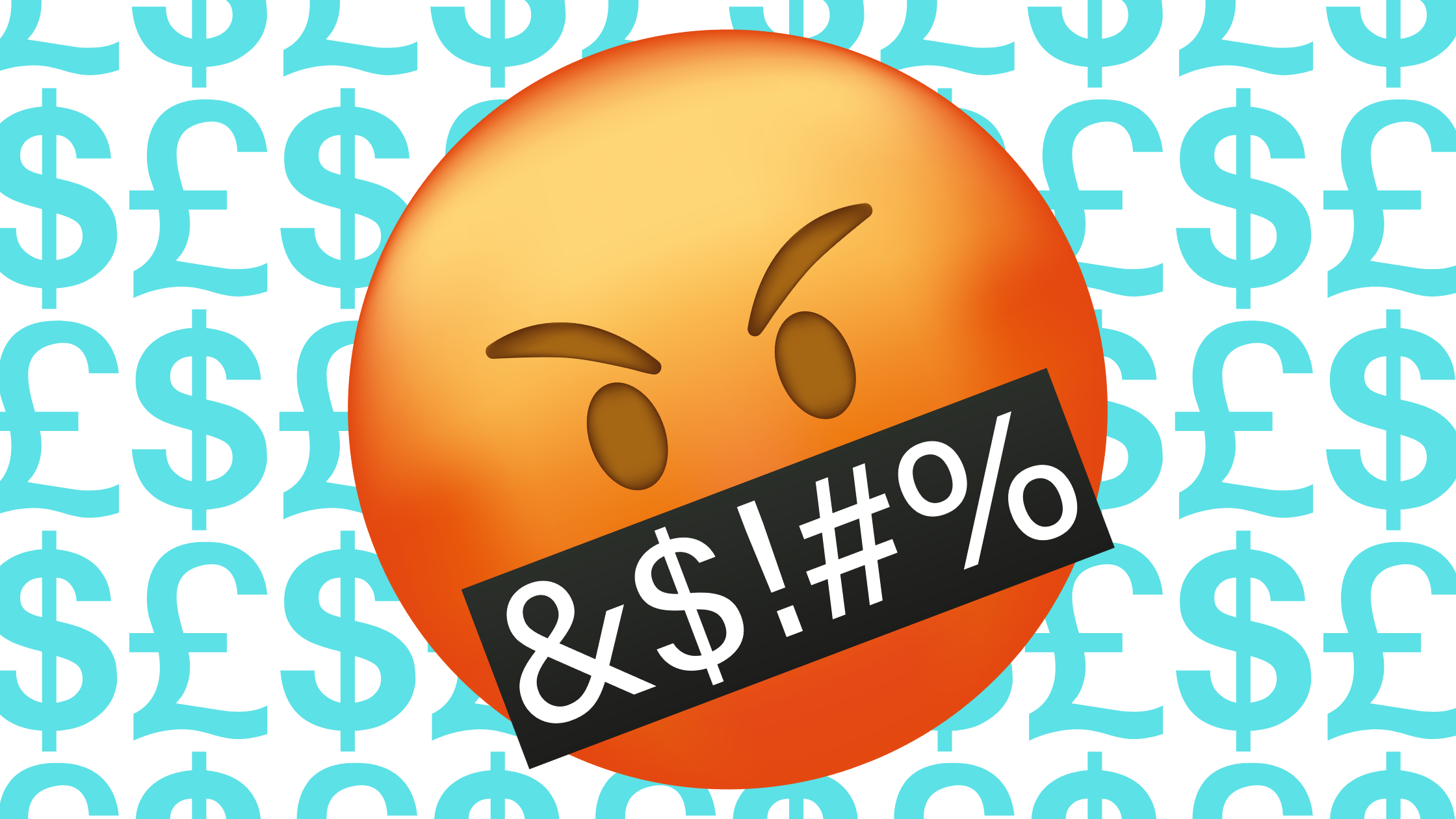
So what can you do instead of adding to the fire?
You can fan different flames!
Take positive action. Instead of getting mired in debates that will only spiral down, highlight the positive. Shout about what you love. Engage with others who feel the same. Reach out to creators. Cheerlead the stories, shows and parts of fandom that fill you with joy.
Engage. Encourage. Show the world that not everyone hates.
And that doesn’t mean you have to agree about everything. ABSOLUTELY talk about the things you don’t like. Stress-test everything you consume. Question what you're thinking. Criticise but never make it an attack. Don’t get personal. Don’t try to score points. Healthy debate is a good thing. The clue is in the name. Anchor the conversation in respect and love. Show grace.
And yes, call out things that are wrong. Of course, you should care about the things that matter most to you. Raise awareness. But not at the expense of your peers. Don’t belittle them or their concerns. Just because someone isn't as vocal as you about a topic, it doesn't mean they don't care. The same goes if they're vocal about another issue. People can care about more than one thing, and it all doesn't have to be online. They may not have shouted about your favourite cause on their socials, but that doesn’t mean they haven’t spoken out in private; it doesn't mean they haven’t written to their MP or representative, signed petitions, or supported appeals. The key is never to assume or judge. Especially online, because then we're back to throwing rocks / adding fuel to the fire.
Over on Instagram, I posted some thoughts which people seemed to have found useful so I thought I’d include them here as well:
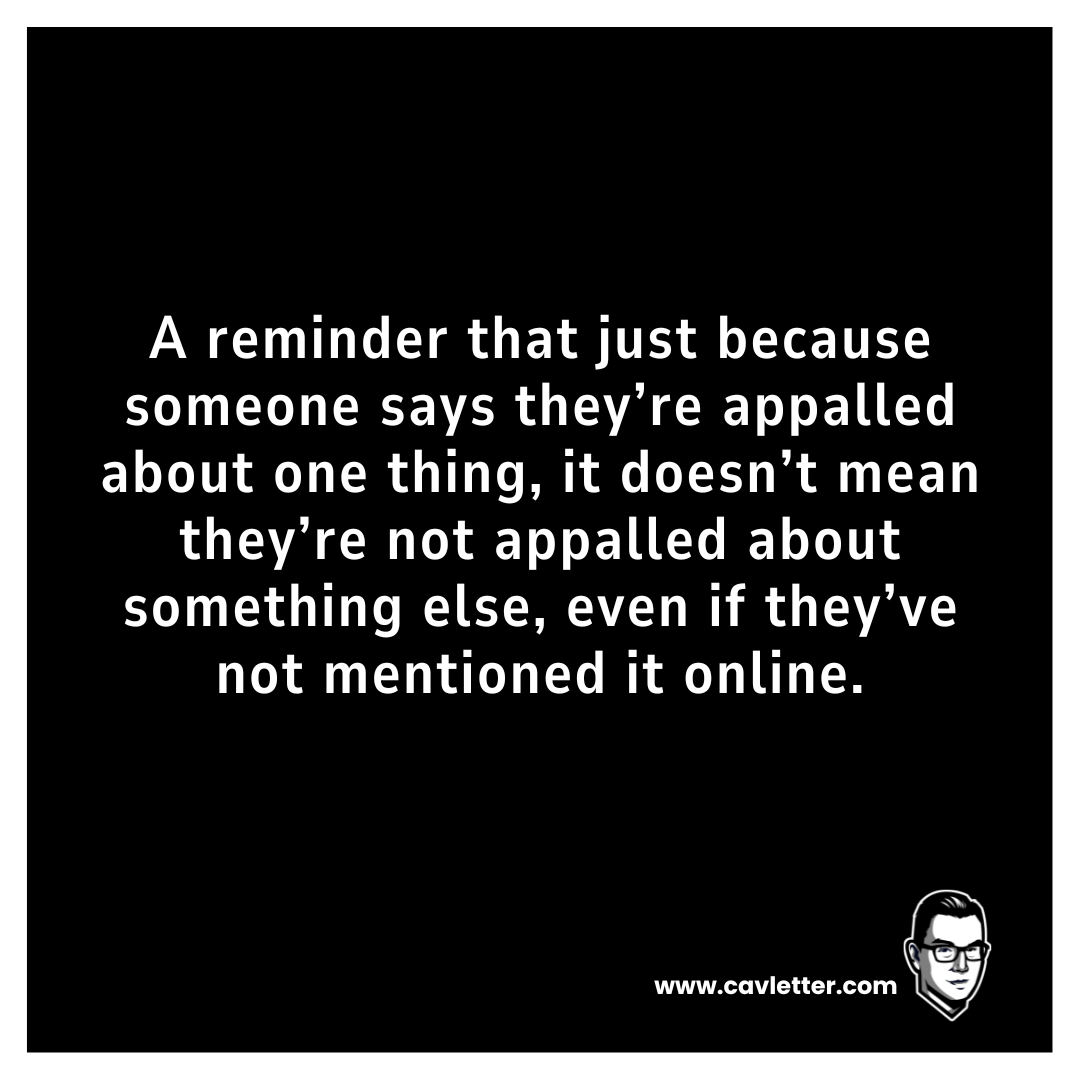
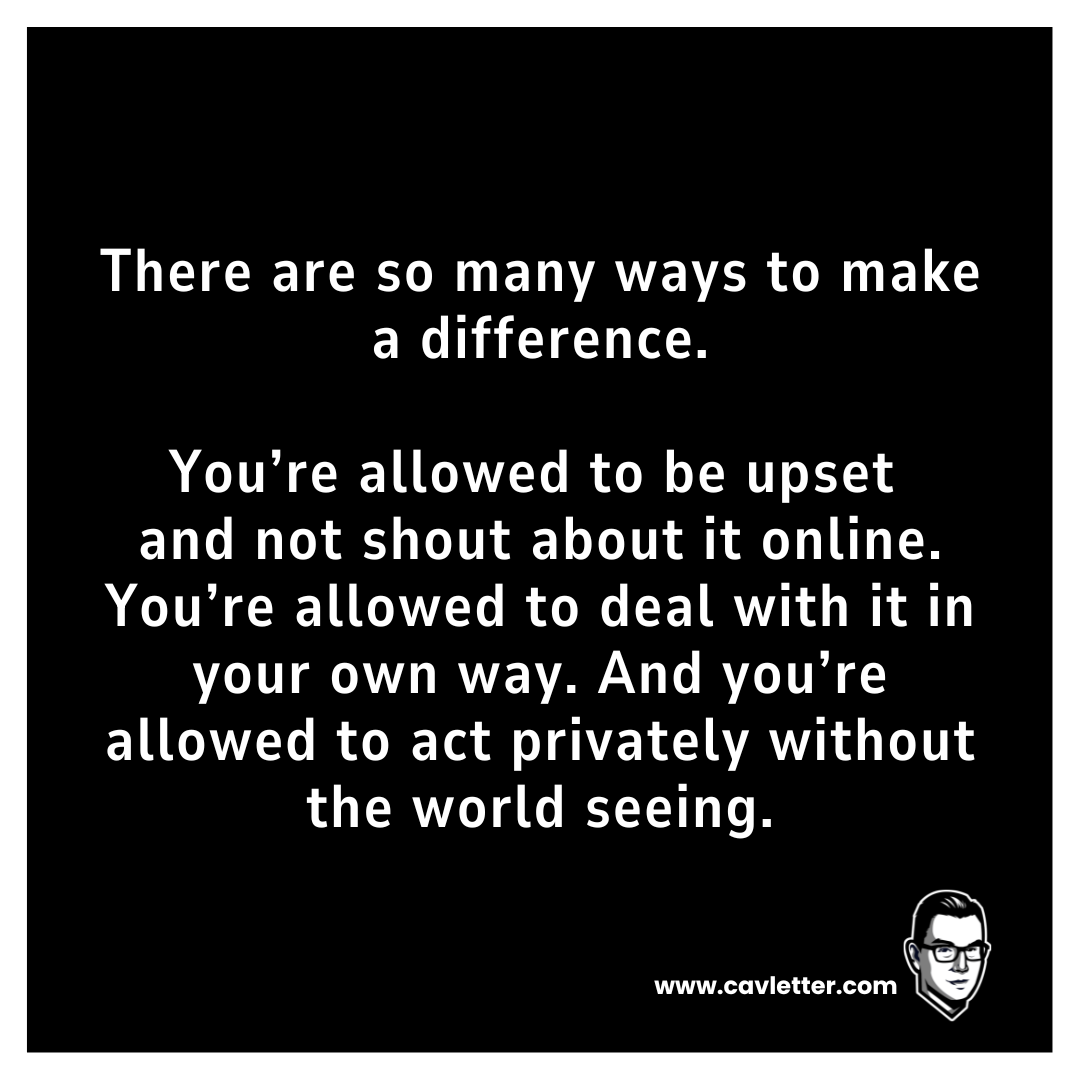
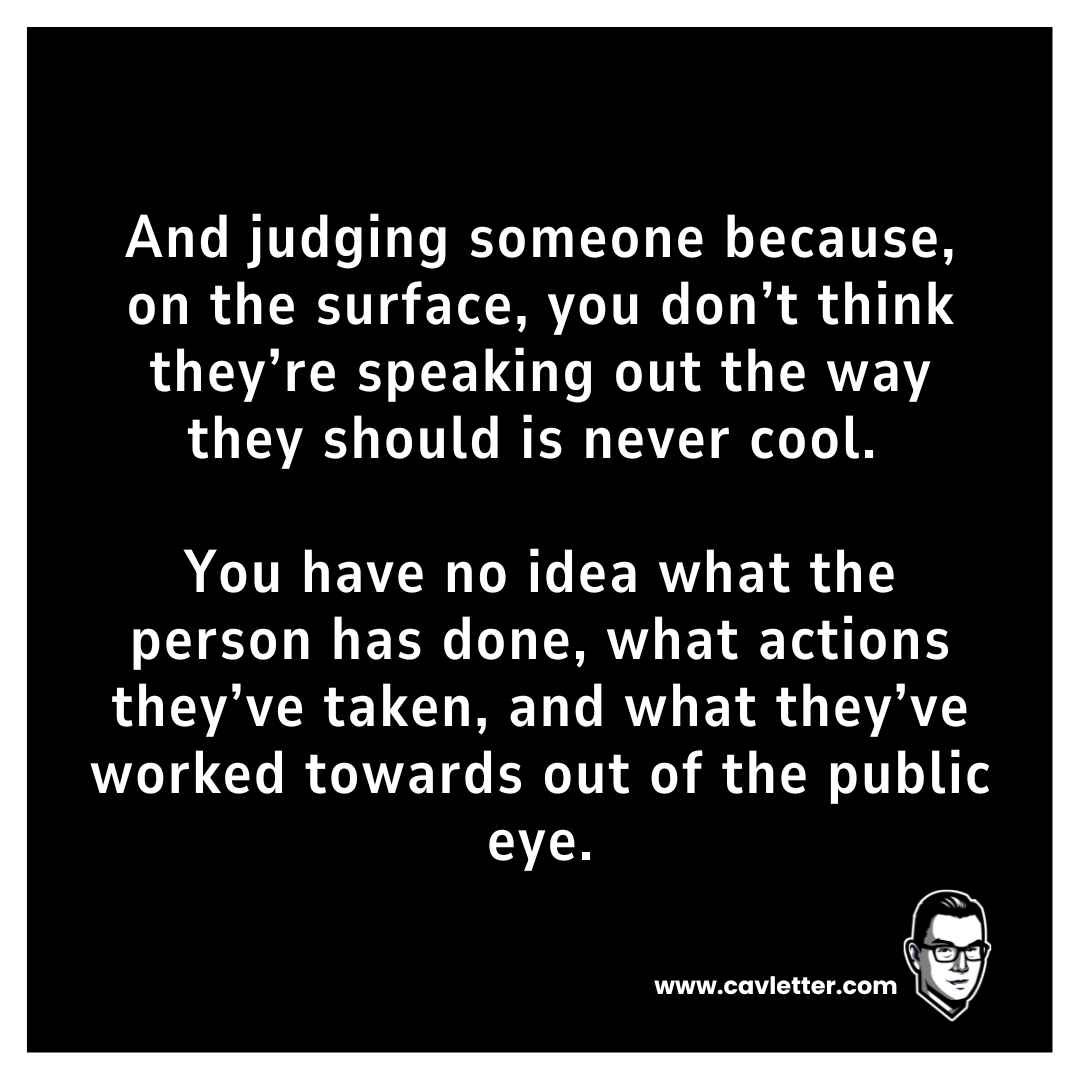
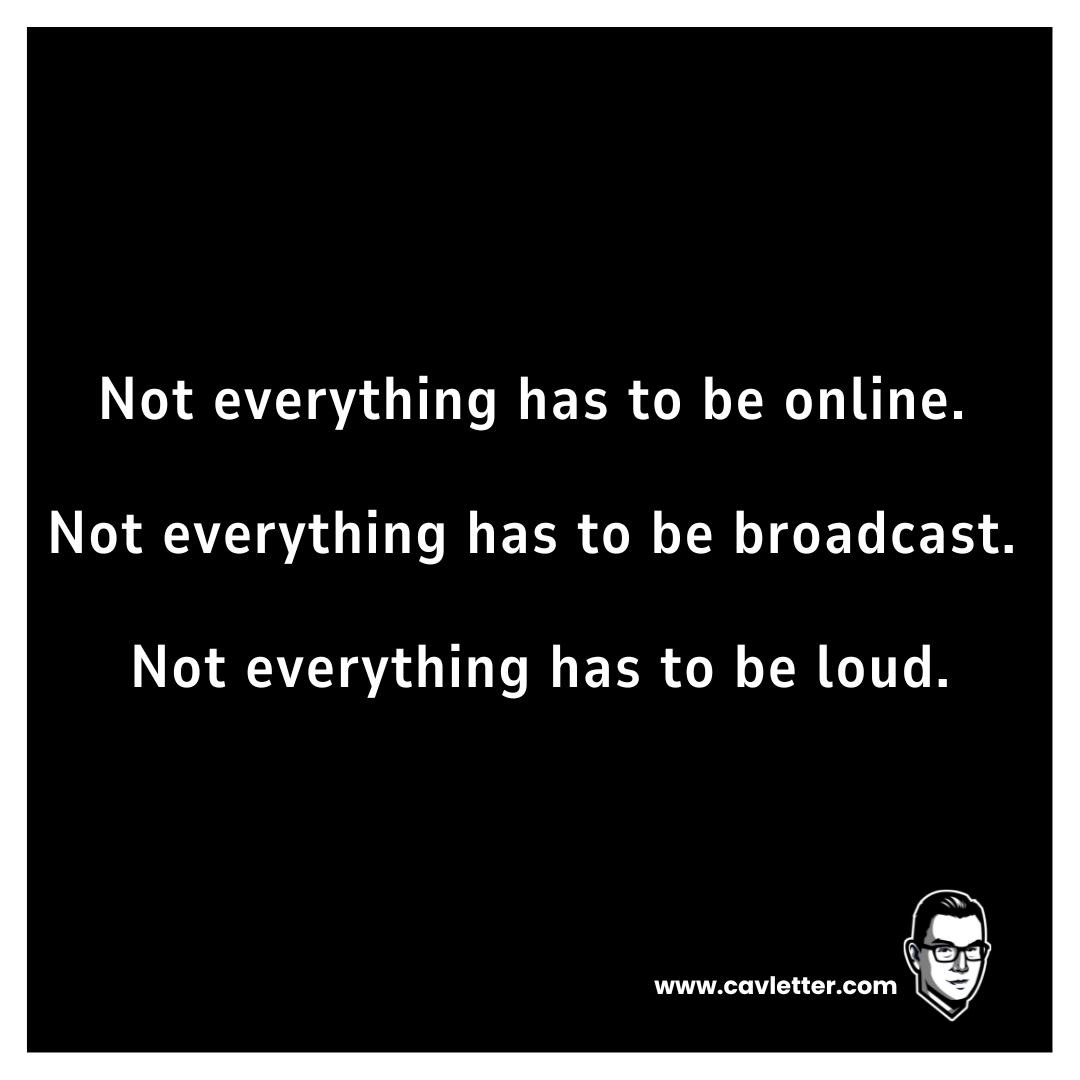
Please feel free to use these slides on your own social media if it helps!

Q&A: THE DIFFERENCE WHEN TACKLING PROSE INSTEAD OF A COMIC BOOK SCRIPT
On Saturday, I had the great pleasure of participating in an author Q&A session at the Penguin Random House WriteNow 2024 event.
WriteNow is Penguin's award-winning programme to find, nurture and publish new writers from communities that are under-represented on Britain's bookshelves!
I appeared with authors Frances White and Femi Fadugba on a lively panel hosted by the ever-exuberant Coco Hagi in front of a HUGE audience.
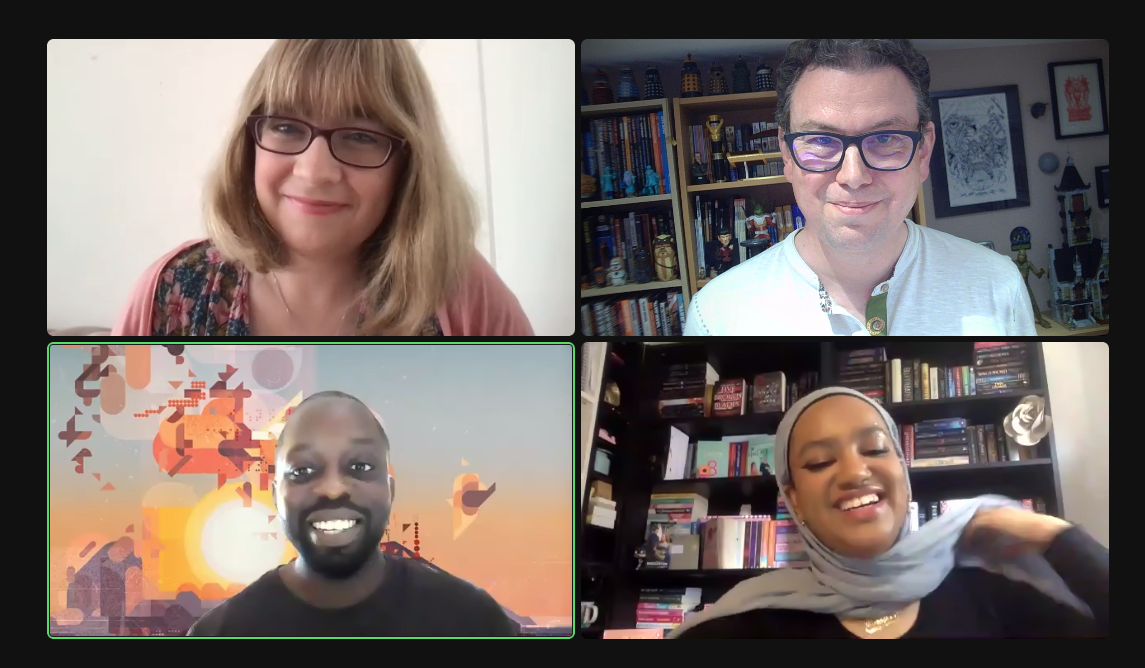
We were inundated with questions, far more than we could answer at the time, so I made sure to jot them down so I could return to some of them here on the newsletter in the coming weeks and months.
Let's kick things off with a question from Madelaine:
Cavan, I am also an indie comic book writer. It's how I started out. What is an important difference to you when tackling prose, specifically a novel, instead of a comic book script? Thank you!
One of the funniest notes I had from an editor came in the first novel I’d written after an extended period of only writing comics:
Cav, there isn't an artist here! We need you to actually DESCRIBE the characters from time to time!
It was funny, but I also cringed! I used to describe characters. How had I forgotten something so basic?
But there are a lot of differences between comics and prose. The most obvious is length. Most individual comics are 20 or so pages in length, with a full arc usually reaching between 80-90 pages. Novels, by their very nature, are longer, giving you the opportunity to delve further into your characters' psyche and drop a lot more detail.
But as I said on the panel, I approach all stories the same way, whether they're comics, audio, novels, or on screen. It always starts with the characters and their struggles. What the different mediums give you is different lenses and different tricks of the trade to get the story across.
With novels, you have to make sure that there is enough scope to maintain both the increased page count and the investment of time from your readers, while with comics you have to make sure that you don't cram too much in. I like to pack my comics with plenty of action, but often have to remind myself not to make them too dense.
Novels also give you chance to spin dialogue that would be too much for a comic book page. That extra space can be so refreshing after dealing with a succession of 20-words-or-less speech balloons.
The biggest difference for me, though, is that with a novel, it's just me, myself and the keyboard. With a comic, you have a partner in the artist, someone to brainstorm with or to discuss ideas. I always miss that collaborative aspect when I'm knee-deep in a novel like now! Working on novels often makes Cav grumpy, as my family will attest.
(Sorry family!)
I hope that answers your question, Madelaine! More to come from WriteNow 2024 in future editions.
And you don't have to wait for your WriteNow question to come up! You can ask me something new by leaving a comment or using my 'Ask-Me-Anything' form!

THINGS YOU MIGHT HAVE MISSED
- This week's Saturday Shelfie!
- My biggest problem with canon.
- My answer whenever I'm asked: "How do I get to write Doctor Who or Star Wars or...?"

I WANT TO BREAK FREE
I was really pleased to take part in another of screenwriter and novelist Cole Haddon's brilliant newsletters last week. This time, Cole asked about getting typecast as a writer.
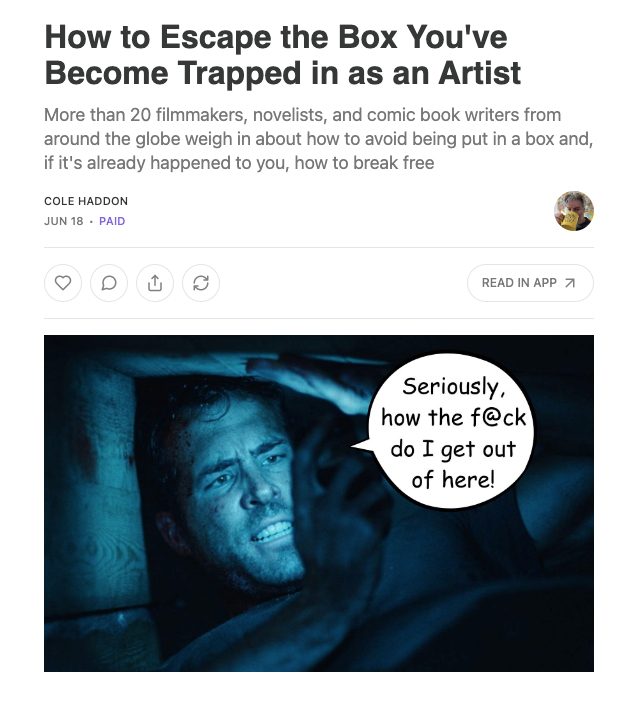
There's loads of advice in the post from the likes of Amy Berg (showrunner of Law & Order: Organized Crime), Meg LeFauvre (screenwriter of Inside Out 2), Matt Okumura (screenwriter of Picard), Jay Faerber (producer of Supergirl) and more... including me! I tried to be as honest as possible!
The post is for paid subscribers, but you can get a special preview of some of the advice here, including my own!

OUT THIS WEEK!
Want to support me? Then one of the best ways is to hot-foot it to your local comic book store and pick up one of this week's new comics written by yours truly!
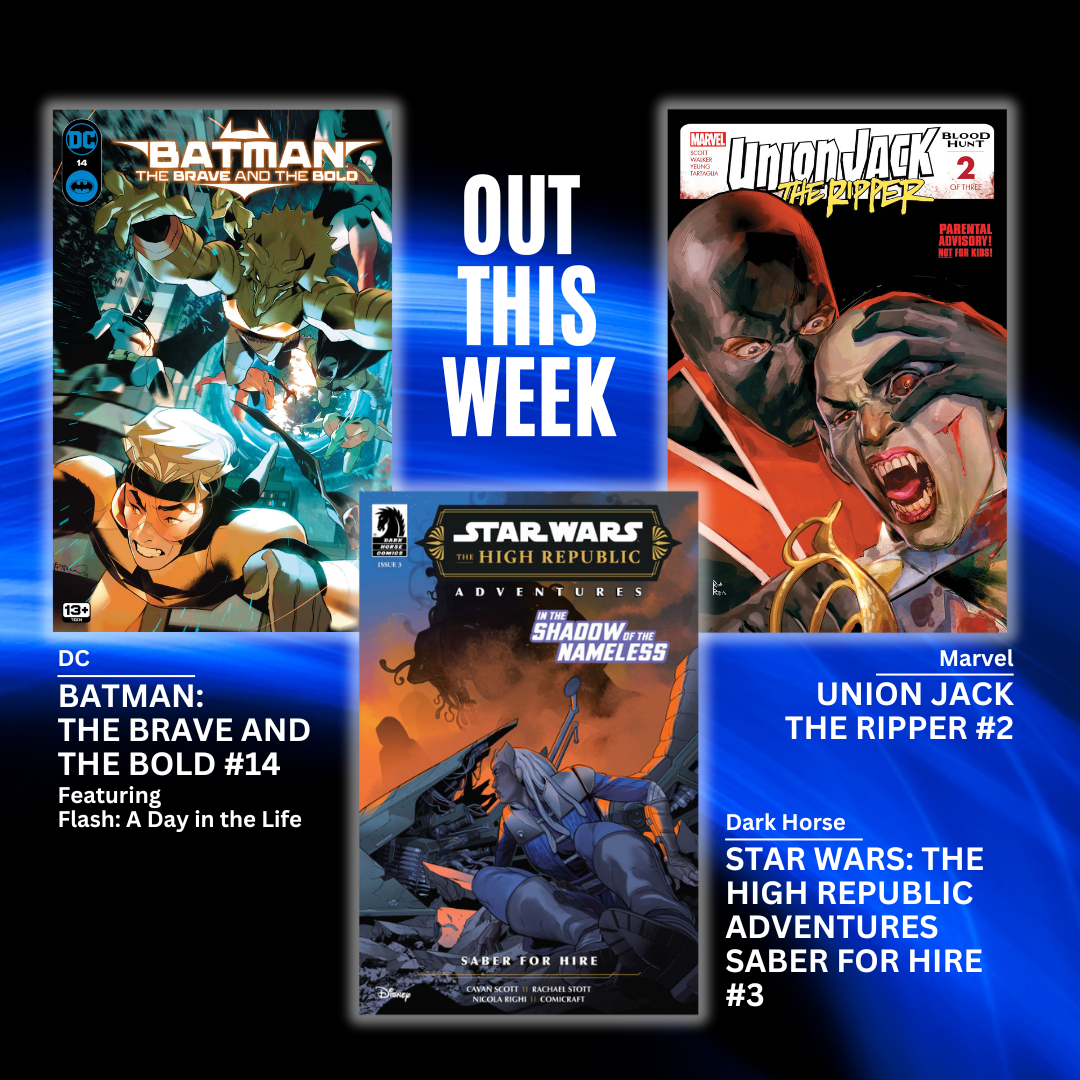
Here's the info for each:
BATMAN: THE BRAVE AND THE BOLD #14
STAR WARS: THE HIGH REPUBLIC - SABER FOR HIRE #3
As an added extra, to celebrate our short Flash story in Batman: The Brave and the Bold, artist Travis Mercer has kindly given me permission to exclusively share some of the character studies he did for 'A Day in the Life':
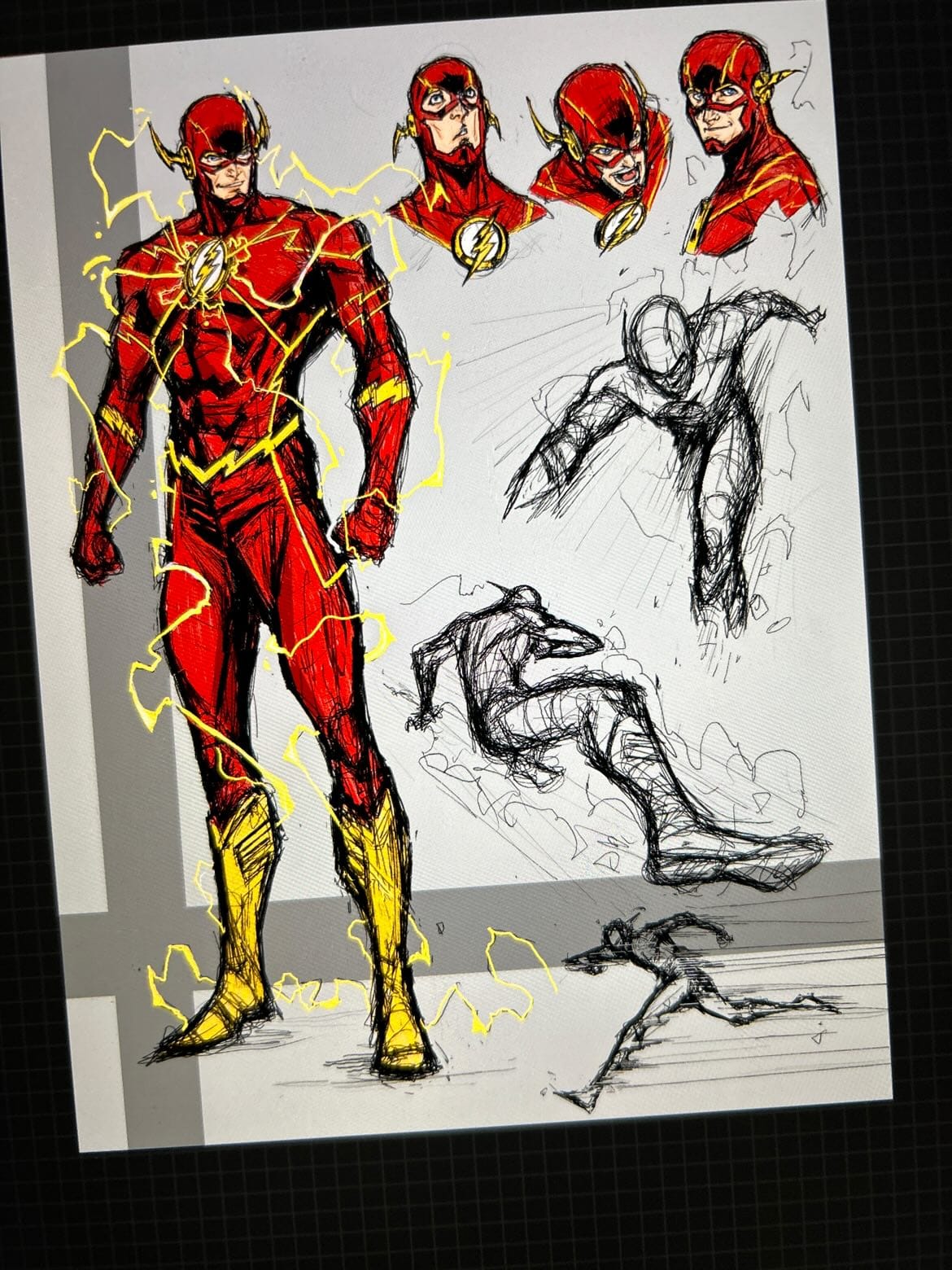
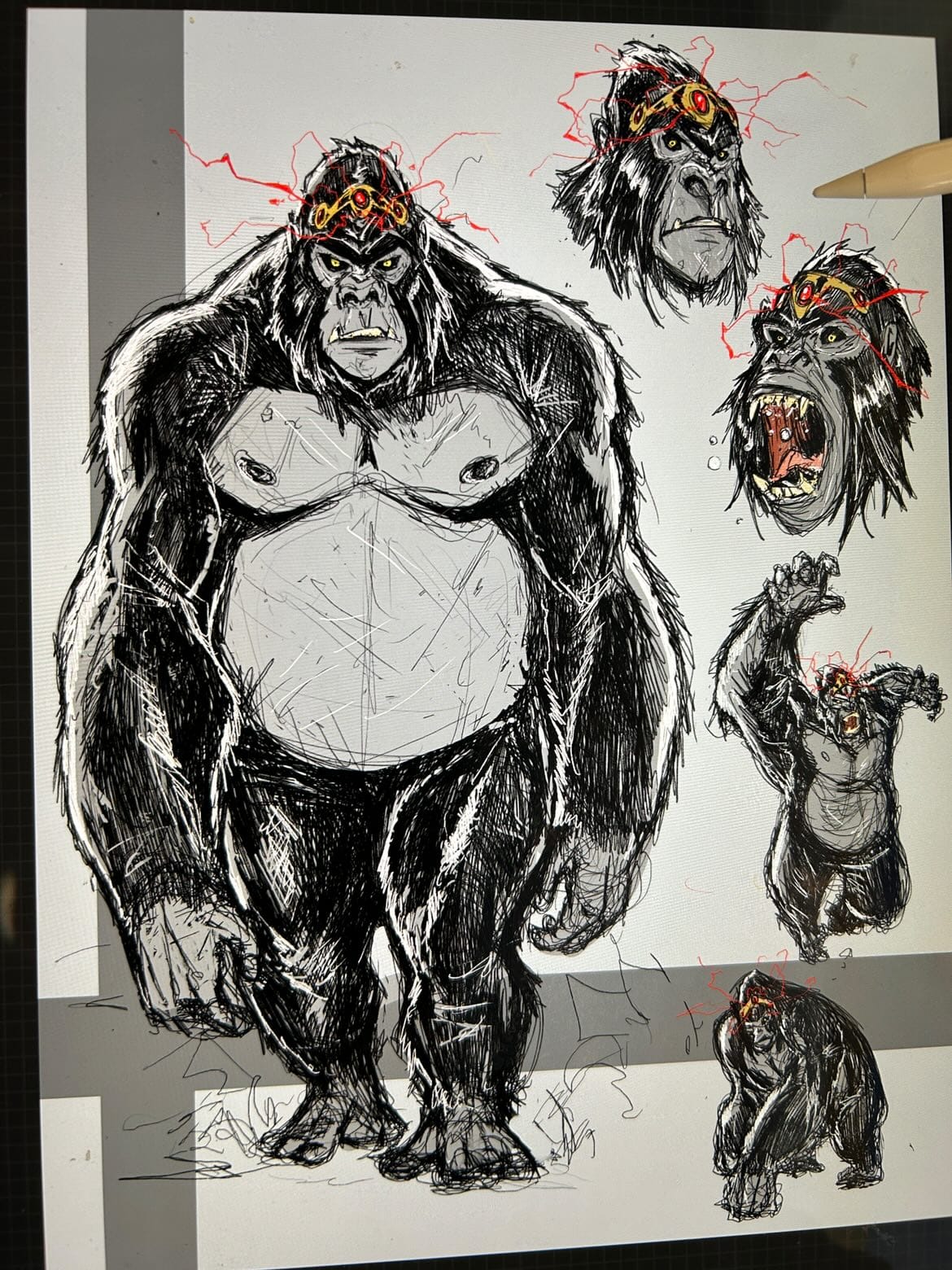
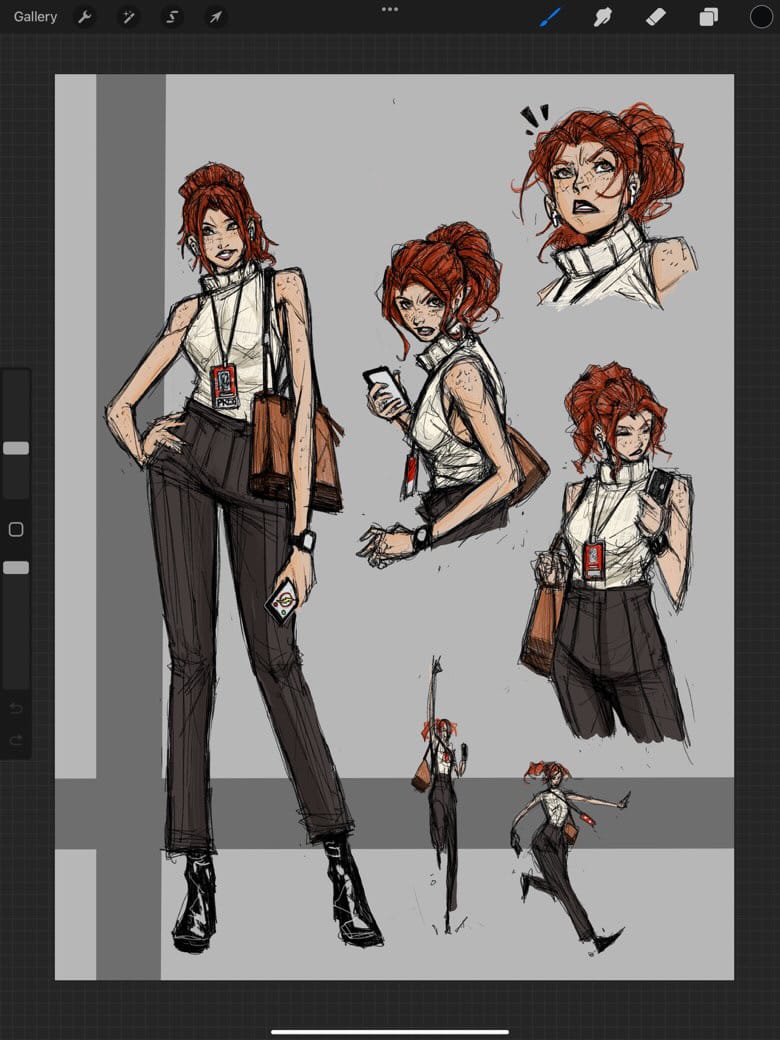
Travis Mercer's character studies for Flash, General Grodd and Iris

THAT'S ALL FOLKS!
That just about wraps it up!
Come back this weekend for another Perfect Sunday.
In the meantime, as always, look after yourself and each other!



